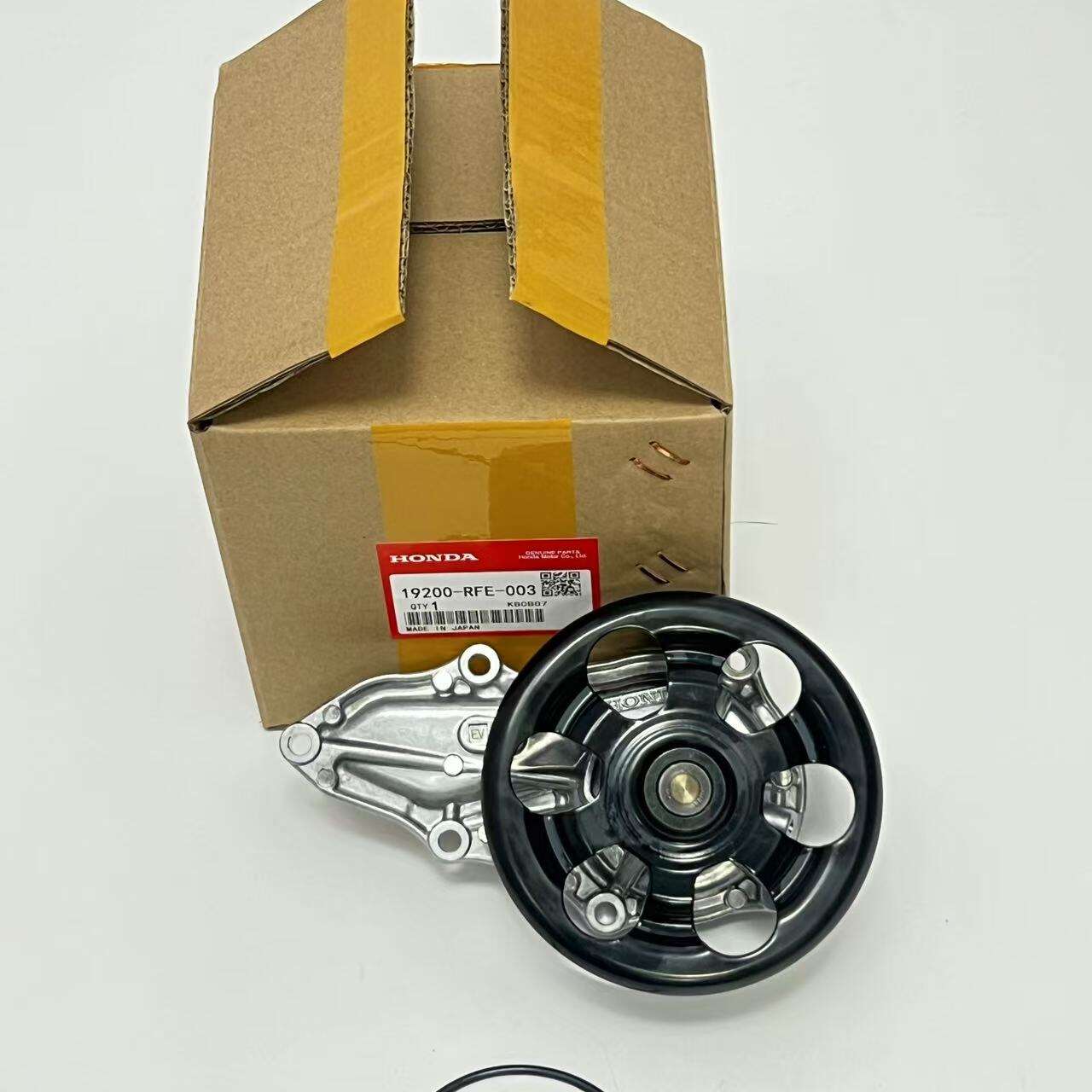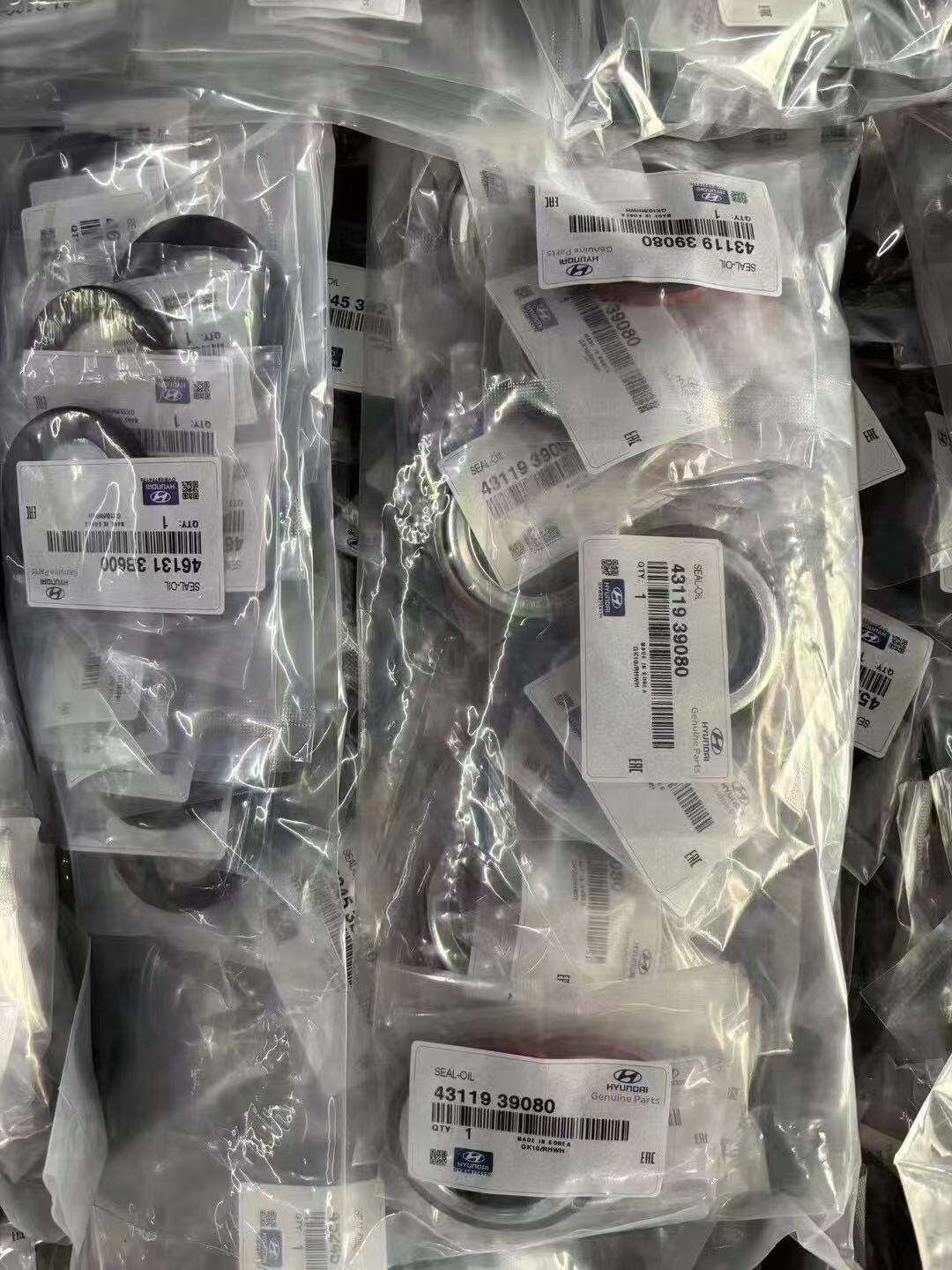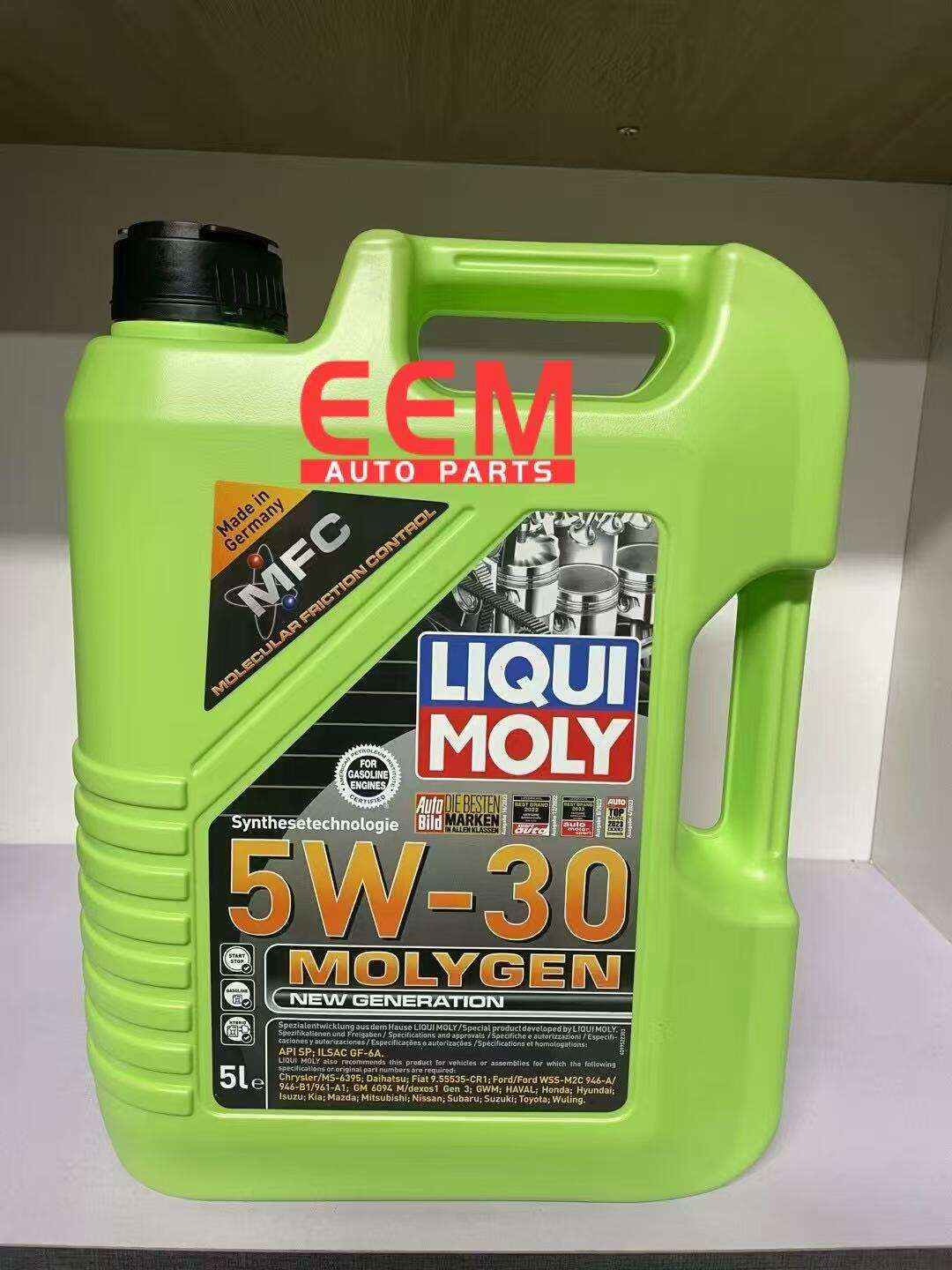oil filter cost
Oil filter cost is a crucial consideration for vehicle maintenance that encompasses both the immediate purchase price and long-term value proposition. An oil filter typically ranges from $5 to $35 for consumer vehicles, with premium options reaching higher price points for specialized applications. This essential component plays a vital role in protecting your engine by removing contaminants, metal particles, and debris from engine oil. The cost varies based on several factors including filter quality, brand reputation, filtering capacity, and vehicle specifications. High-end filters often feature advanced synthetic filter media, anti-drain back valves, and robust housing construction that contribute to better engine protection and longer service intervals. Premium filters may incorporate additional features such as higher dirt-holding capacity, improved flow characteristics, and better resistance to extreme conditions. When evaluating oil filter cost, it's important to consider not just the initial price but also the filter's durability, maintenance interval requirements, and potential impact on engine longevity. Modern oil filters often integrate innovative technologies such as cellulose-synthetic blend media or full synthetic media, which can justify higher costs through enhanced performance and extended service life.


